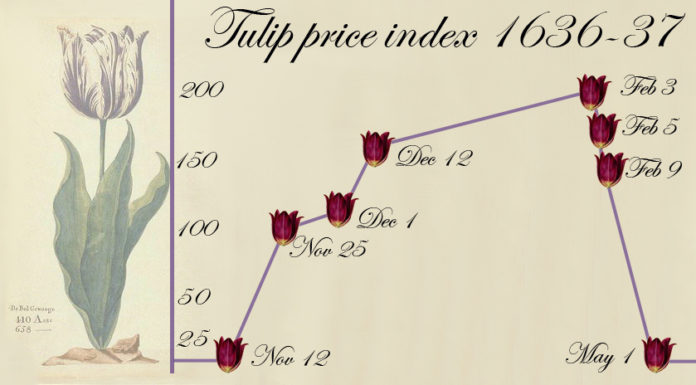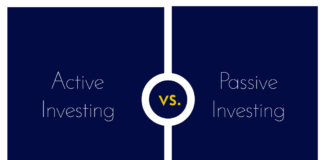USA
Richard Cayne Meyer comments that the perceived improvement in the US economy has brought central bankers to the point where they can consider reducing quantitative easing (QE). The result of this is likely to be higher interest rates as growth improves. The better-owned South East Asian markets felt the effect of investor capitulation in the summer in anticipation of an imminent move by the US Federal Reserve. As per Richard Cayne Meyer, winding down QE will be drawn out given the impact that even the mention of it is having on market sentiment. The concerns over countries like Indonesia turn out to have been justified however markets should be assured that a repeat of the Asian financial crisis of the late 1990s is unlikely as governments and corporates have cut their dollar exposure and banking systems are far more stable. Richard Cayne at Meyer suggest that long-term investors are therefore likely to make use of use these conditions as an opportunity to build long-term positions in companies whose share prices have been brought down in the face of recent volatility over latest US budget events.
China
The speculation about US tapering and China’s domestic economic data continue to influence Chinese markets. However, we think a further pick-up in China’s export sector will result in a more sustainable economic recovery than many economists currently predict. In addition, the strategic reform process of the new government is gathering momentum, although urban/rural social structure reform which will impact welfare spending could be more challenging. Richard Cayne Meyer suggests stock picking will remain critical as investor activity is likely to be focused on beneficiaries of reform and targeted government spending.
Japan
Richard Cayne Meyer comments that Prime Minister Abe recently decided to go ahead with the planned consumption tax rise by 3% in April 2014 and a further increase planned as well the following year. In order to offset the negative impact of higher consumption tax, Abe also announced his intention to implement a ¥5 trillion supplementary budget and to introduce various measures such as a corporation tax cut aiming to support further investments and wage rises.In the coming months, it is believed that the market is likely to be influenced by announcements of details of the support package andby clarification of Abe’s structural reform through the parliamentary discussion. While many overseas investors have been enthusiastic about “Abenomics”, Abe’s economic policy, domestic investors have remained sceptical. Richard Cayne at Meyer believes there is significant scope for domestic buying if“Abenomics” begins to produce positive effects on the real economy. It has been a long and hard road for the Japanese economy and many expect this to be the turnaround point.
Richard Cayne originally a native of Montreal Canada has been involved in wealth management in Asia over the past 18 years. He has spent the bulk of his time in Tokyo Japan and more recently running the Meyer Group of companies in Bangkok Thailand. The Meyer Group forms part of Asia Wealth Group Holdings a London UK listed financial services group on the ISDX stock exchange.














